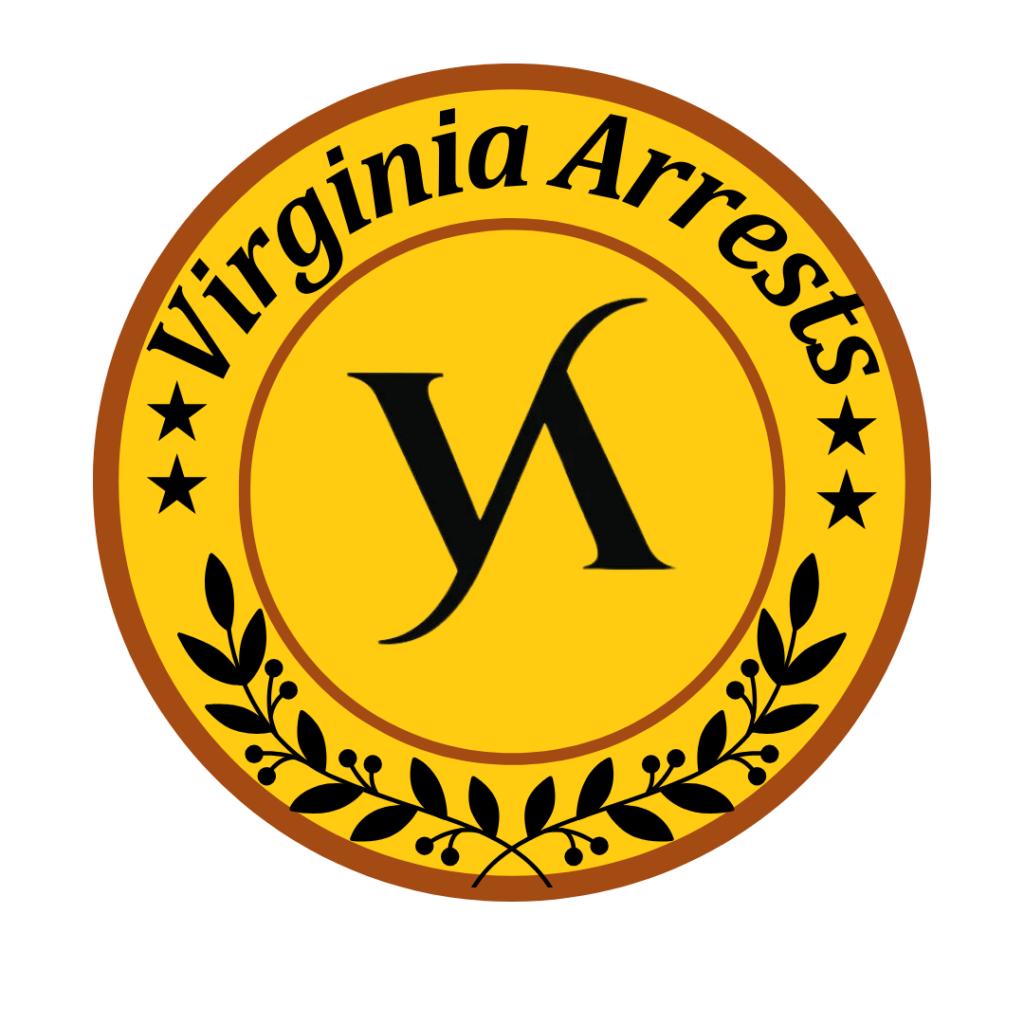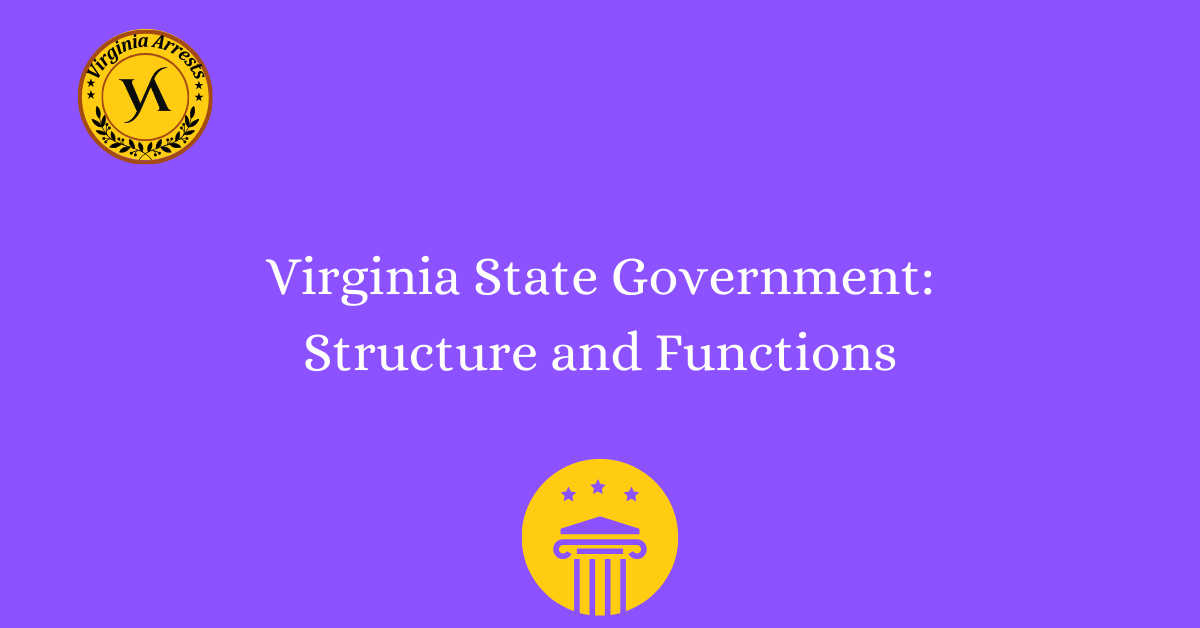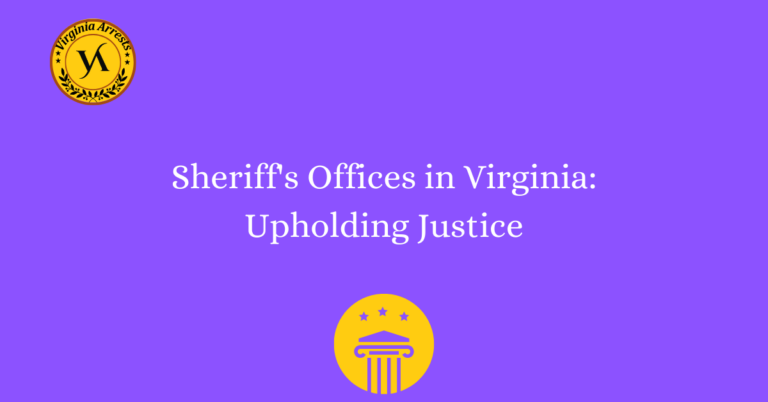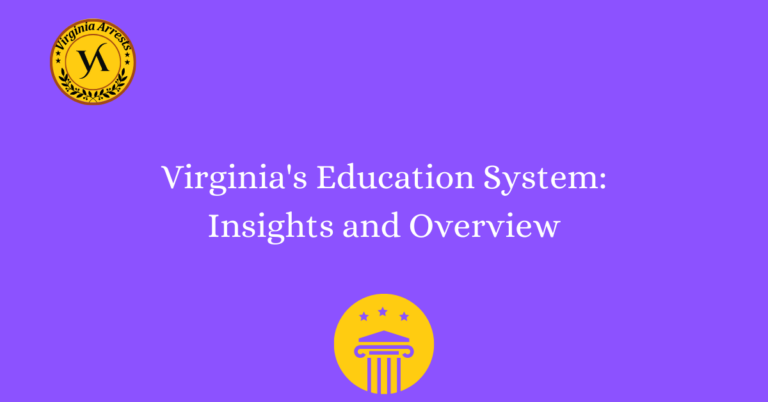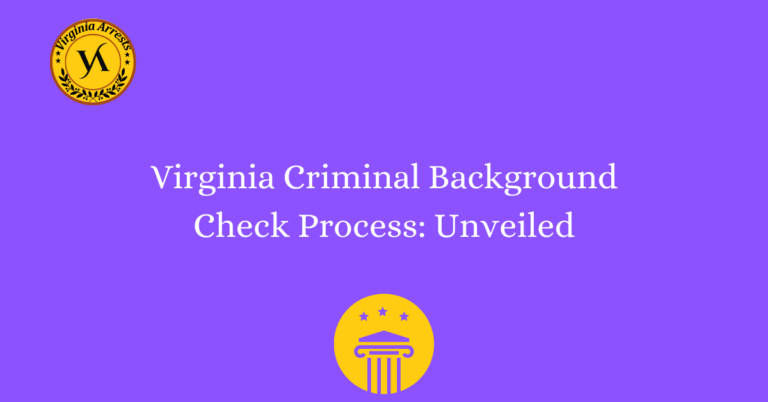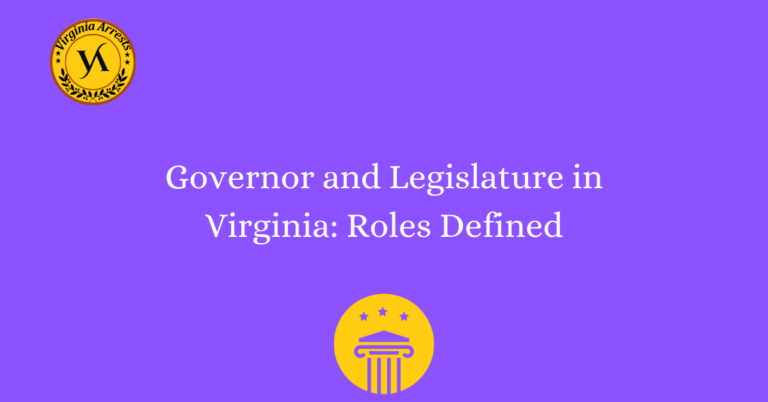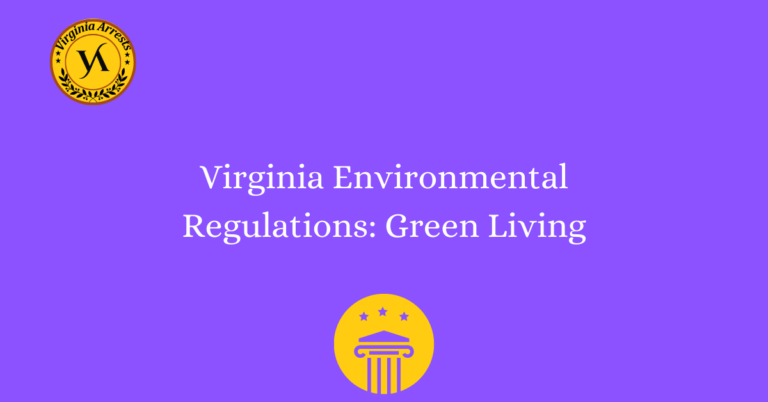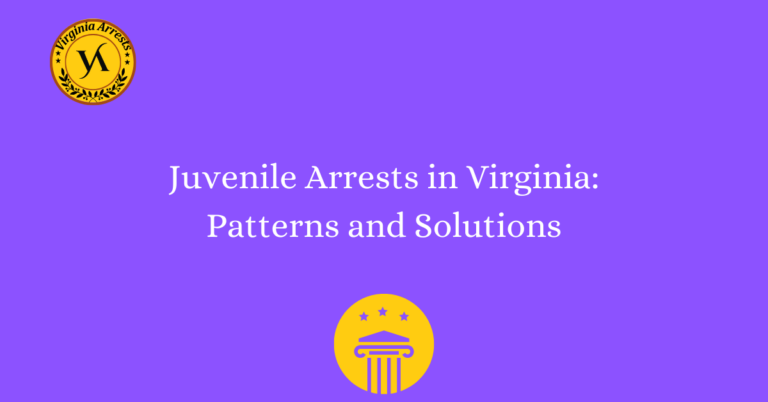Virginia State Government: Structure and Functions
The state government of Virginia plays a crucial role in governing the Commonwealth. With a structure that mirrors the federal government, Virginia’s government consists of three branches: the executive, legislative, and judicial branches.
The executive branch is headed by the Governor, who is elected by the citizens of Virginia. The Governor is responsible for implementing and enforcing laws, as well as managing the state’s budget and overseeing various state agencies. The executive branch also includes the Lieutenant Governor and the Attorney General, who assist the Governor in carrying out their duties.
Legislative Branch
The legislative branch of Virginia’s government is responsible for making and passing laws. It consists of the General Assembly, which is divided into two houses: the House of Delegates and the Senate.
The House of Delegates is made up of 100 members, each representing a specific district within the state. They are elected by the citizens of Virginia and serve two-year terms. The House of Delegates has the power to propose and pass legislation, as well as to impeach state officials.
The Senate is composed of 40 members, with each senator representing a larger district than the delegates. Senators are also elected by the citizens of Virginia but serve four-year terms. The Senate has the power to approve or reject legislation proposed by the House of Delegates, as well as to confirm or reject appointments made by the Governor.
Judicial Branch
The judicial branch of Virginia’s government is responsible for interpreting and applying the laws of the state. It consists of several levels of courts, including the Supreme Court of Virginia, the Court of Appeals, and the circuit courts.
The Supreme Court of Virginia is the highest court in the state and has the final authority on legal matters. It consists of seven justices who are elected by the General Assembly for 12-year terms. The Supreme Court hears appeals from lower courts and has the power to declare laws unconstitutional.
The Court of Appeals is the intermediate appellate court in Virginia and consists of 11 judges who are elected by the General Assembly for eight-year terms. It reviews decisions made by circuit courts and other lower courts.
The circuit courts are the trial courts of general jurisdiction in Virginia. There are 31 judicial circuits in the state, each with its own circuit court. Circuit court judges are elected by the General Assembly for eight-year terms and handle a wide range of cases, including criminal and civil matters.
FAQs
What is the structure of the Virginia State Government?
The Virginia State Government is structured as a representative democracy with three branches: the executive branch, the legislative branch, and the judicial branch. Each branch has its own specific functions and responsibilities.
What is the function of the executive branch in the Virginia State Government?
The executive branch is responsible for enforcing laws and managing the day-to-day operations of the state government. The governor is the head of the executive branch and is elected by the citizens of Virginia.
What is the function of the legislative branch in the Virginia State Government?
The legislative branch is responsible for making laws and consists of two houses: the House of Delegates and the Senate. Members of the legislative branch are elected by the citizens of Virginia.
What is the function of the judicial branch in the Virginia State Government?
The judicial branch is responsible for interpreting and applying the laws of Virginia. It consists of various courts, including the Supreme Court of Virginia and the Court of Appeals. Judges in the judicial branch are appointed or elected.
How does the Virginia State Government ensure checks and balances?
The Virginia State Government ensures checks and balances by dividing power among the three branches. This system prevents any one branch from becoming too powerful and allows for the oversight and accountability of each branch.
What role does the Virginia State Government play in local governance?
The Virginia State Government plays a role in local governance by providing guidance, resources, and oversight to local governments. It helps maintain law and order, ensures the delivery of public services, and promotes the overall well-being of the state’s communities.
Conclusion
The government of Virginia operates under a structure that closely resembles the federal government. The executive branch, led by the Governor, is responsible for implementing and enforcing laws. The legislative branch, consisting of the House of Delegates and the Senate, is responsible for making and passing laws. The judicial branch, composed of the Supreme Court of Virginia, the Court of Appeals, and the circuit courts, is responsible for interpreting and applying the laws. Together, these branches ensure the proper functioning of Virginia’s government and the governance of the Commonwealth.
